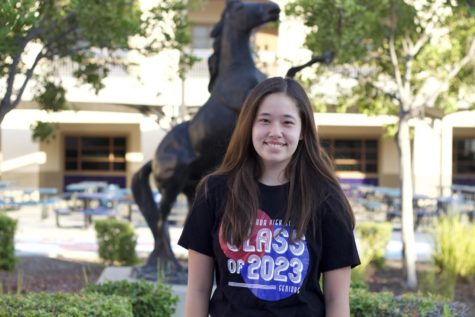Columbia’s College Ranking Scandal

Columbia was once ranked number two on the U.S. news reports college rankings, but after a scandal related to incorrect statistics, the highly-regarded Ivy League drops to number eighteen.
September 24, 2022
Columbia University was known for being one of the most prestigious educational institutions in the country. As one of the eight highly regarded Ivy League schools, having a chance to attend Columbia is an opportunity that many students chased. With its high appeal of number two in the U.S. News college ranking, this institution stood out as one of the finest in the nation, so when it was discovered that some of the statistics that contributed to Columbia’s high ranking were fraudulent, Columbia quickly became the subject of nationwide scrutiny.
Given Columbia’s distinguished status as an Ivy League school, few questioned its status as number two, but according to The Guardian, the whistleblower of the ranking scandal was a Columbia mathematics professor named Micheal Thaddeus. Thaddeus had been skeptical of some of the statistics that Columbia had reported to U.S. News; in particular, Thaddeus was skeptical over the student to faculty ratios and the prestige of the faculty.
When it was further investigated, Thaddeus’s claims were proven true, and Columbia had to update the inaccuracies in its reported statistics. Although Columbia claimed they would drop out of the U.S. News rankings, they somehow made their way into the rankings. Due to the changes made in their reported statistics, Columbia dropped sixteen places from being ranked as number two, to now being ranked as number eighteen.
Such dramatic changes in rankings have called many people to further challenge the validity of the U.S. News college rankings. So many students rely on the U.S. News college rankings to help guide them in making their college decisions, but when data is self-reported to better represent an institution, schools can potentially make themselves appear better than they actually are.
It’s sad that so many people make their future decisions on college rankings, only to find out that the rankings are fraudulent.
— Analise Hopper (12)
Due to Columbia’s immense prestige, this is the first time that many people have heard of a school fabricating statistics to elevate them to a higher status, but this is, in fact, not the first time that such events have occurred. According to the New York Times, this same exact situation has occurred before, when a business professor at Temple University’s business school manipulated false statistics to elevate Temple University’s business school to a ranking of number one for online business degrees. Other such incidents have occurred, making Columbia’s case nowhere near a standalone scandal. According to Analise Hopper (12) “It’s sad that so many people make their future decisions on college rankings, only to find out that the rankings are fraudulent.”
Many people are already critical of the fact that the U.S. News reports reduce the complexity of colleges to a single number, but as it is becoming more apparent that schools can manipulate the ranking system to their benefit, there has been a push for people to become less reliant on the ranking system. With so many other factors to consider, it is important for people to look at colleges for more than a number. Columbia’s scandal has shown that any institution is capable of appearing better than it might actually be, and it is important for people to realize this when they make their college decisions. A high ranking might lead to a more successful life, but in the end, a number that can so easily change shouldn’t be the only thing that people consider when making decisions that affect their future.




















